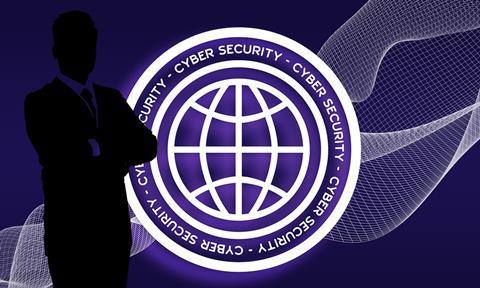The pandemic has forced digital transformation like never before, making the balancing act between security and employee experience more important than ever.

While research shows that the financial industry fairs better at endpoint security than other industries, there are significant gaps between employers’ preventative actions and employees’ actual behaviours.
According to a new study, more than half of financial industry employees say security policies restrict the way they work and while nearly half (49%) admit to finding ways to work around security policies.
The investigations within The Endpoint Ecosystem examine how employees perceive privacy, productivity, and personal well-being in the modern workplace. The study defines the endpoint ecosystem as the combination of all the devices, applications and tools plus the employee’s experience using that technology, and looks at the trade-offs between security and employee experience that every employer must face.
The study reports that while employees have too many passwords in today’s digital society, the financial industry stands out for its careless management of passwords. One third of employees write their work passwords in a personal journal and 69% admit to choosing passwords that are easy to remember. Further, 29% admit to storing their passwords in notes on their phone.
Shadow IT is a concern, with over half of employees stating that their security policies restrict the way they work and 40% believing that at least half of the employees in their organisation don’t abide by the security policies.
The findings sit uneasily with the understanding that three quarters of financial industry workers say they have for the potential implications of being found guilty of causing a data breach.
On the other hand, 42% of the study’s respondents said that they do not feel they’ve received adequate training on security awareness. These reports contrast with the 83% of those polled who say that finance workers actually receive security awareness training monthly or quarterly.
Denis O’Shea, founder of Mobile Mentor, said:
“The workplace didn’t change much for 20 years, then five seismic shifts happened in just two years. In 2020, everyone started working remotely and the global chip shortage began, forcing companies to embrace BYO devices. Then cyber-crime increased by 500 percent just as companies started to hire and onboard remote employees they had never met.
“As remote work became normalised, people started to quit and find new jobs with more flexibility. We are really curious to understand how these shifts impacted people, especially those working remotely in their home office so we decided to find out through this research study,” O’Shea added.
“Data from the Endpoint Ecosystem study has given us a new appreciation of the challenge to balance company security and employee experience in the finance industry,” he continued.
PrivSec World Forum
Part of the Digital Trust Europe Series - will take place through May, June & July 2022, visiting five major cities;
Brussels | Stockholm | London | Dublin | Amsterdam
PrivSec World Forum is a two-day, in-person event taking place as part of the Digital Trust Europe series. Data protection, privacy and security are essential elements of any successful organisation’s operational make-up. Getting these things right can improve stakeholder trust and take any company to the next level.
PrivSec World Forum will bring together a range of speakers from world-renowned companies and industries—plus thought leaders and experts sharing case studies and their experiences—so that professionals from across all fields can listen, learn and debate.












No comments yet